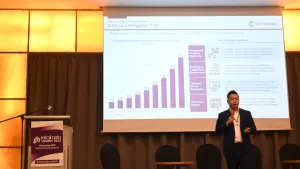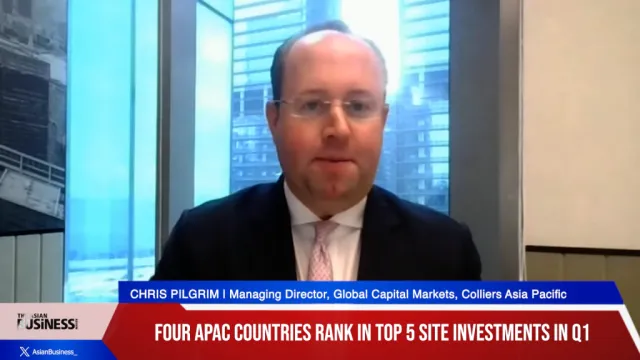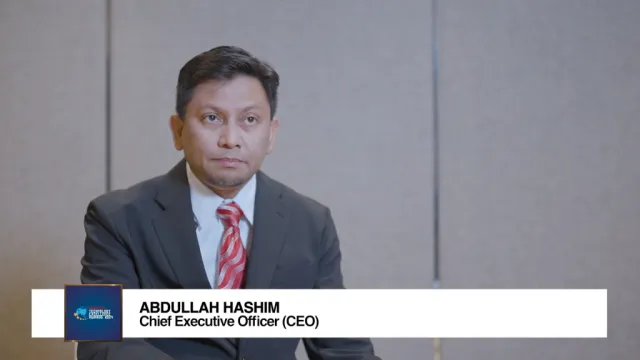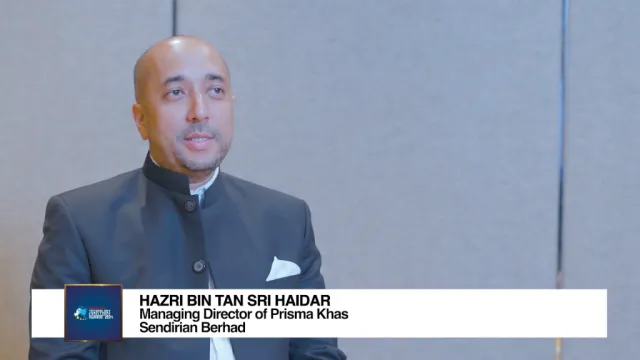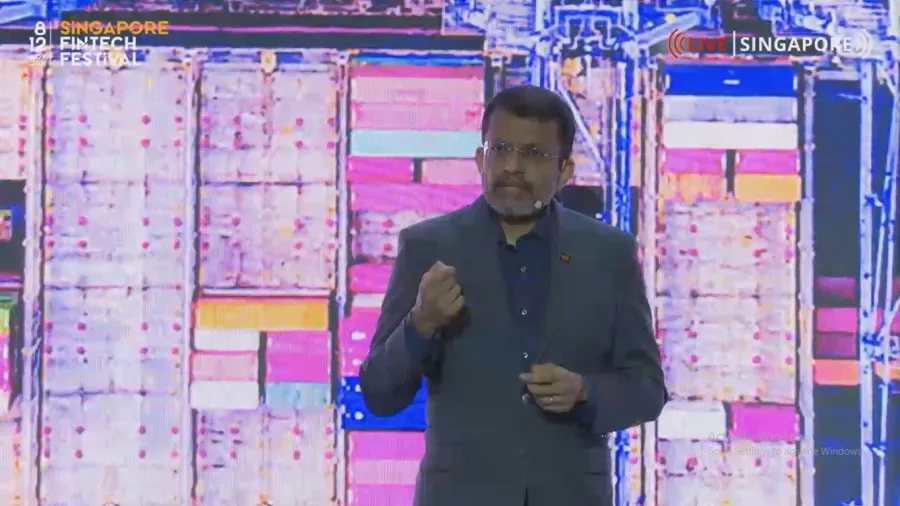
Singapore: Yes to wholesale, skeptical on retail digital fiat money
SG’s regulator remains iffy on cryptocurrencies—or, in MD Menon’s words, crypto tokens.
Whilst the Monetary Authority of Singapore (MAS) sees “much promise” in wholesale central bank digital currencies (CBDCs), they are a lot more hesitant in the retail version due to possible “significant risks to monetary and financial stability.”
Retail CBDCs refer to digital currency issued by the central bank to the general public, essentially a digital version of cash. Meanwhile, wholesale CBDCs are restricted for use within the banking system.
Of the two, Singapore’s regulator seems keener to explore wholesale CBDCs, with MAS Managing Director Ravi Menon noting their potential to radically transform cross-border payments.
MAS is taking a more cautious approach to retail CBDCs.
“There could be some disintermediation of the banks, particularly during stress periods if people can switch deposits into risk-free central bank money at the “click of a button,” Menon said in a speech delivered during the Singapore Fintech Festival 2021 on 9 November.
He warned that if people held a significant portion of their deposits in the form of digital Singapore dollars with MAS, it would considerably reduce our banks’ capacity to make loans.
“On balance, the case for a retail CBDC in Singapore is not urgent,” Menon argued.
“For a subject that has attracted much attention, there are neither strong reasons for or against a retail CBDC in Singapore. Why do I say that? Physical cash is likely to be with us for quite some time more and so the need for a digital version of cash is moot at this point,” Menon explained.
He added that the financial inclusion benefits of a digital Singapore dollar are not compelling. “A high proportion of Singaporeans have bank accounts and electronic payments in Singapore are pervasive, highly efficient, and competitive.”
Possible currency substitution by foreign digital currencies is a remote tail risk at this point, Menon said.
Menon and MAS consider the issuance of a retail CBDC a socio-economic rather than monetary consideration.
“Moving to a fully cashless society with all money in the form of bank deposits will not make a significant difference to the conduct of monetary policy. The question is whether the public is comfortable with holding only bank deposits and whether there is public demand for a state-issued currency that is as safe as cash but in digital form. So for now, there is no strong case for a retail CBDC,” he said.
Project Orchid
Despite citing caution in regards to retail CBDCs, Menon said that MAS recognises the possible benefits retail CBDC solutions could bring to the financial sector.
Singapore’s regulator then announced it is embarking on Project Orchid, which aims to build the technology infrastructure and technical competencies necessary to issue a digital Singapore dollar, should Singapore decide to do so in the future.
As a start, Menon said that MAS will build on its Global CBDC Challenge that launched earlier this year, from which they received 300 proposals from over 50 countries in response to the problem statements we posed.
Cryptocurrencies are not money: Menon
“Are cryptocurrencies money? So far, the answer must be no,” Menon told the conference attendees, who tuned in either live and live stream format. “Cryptocurrencies have performed poorly as a medium of exchange, a store of value, or a unit of account.”
Menon said that it is more accurate to refer to them as 'crypto tokens'.
Whilst MAS recognises that crypto can bring many potential benefits, including making cross-border payments faster, the regulator frowns at using cryptocurrencies or tokens as an investment asset for retail investors.
“The prices of crypto tokens are not anchored on any economic fundamentals and are subject to sharp speculative swings. Investors in these tokens are at risk of suffering significant losses,” Menon said.


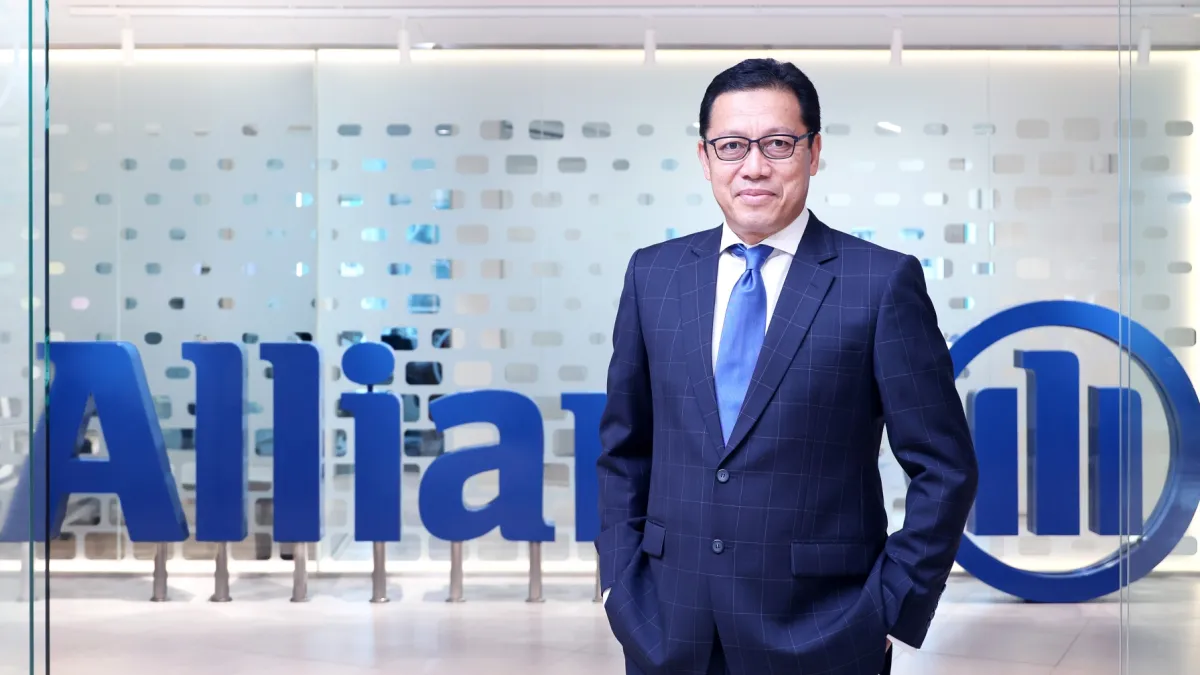



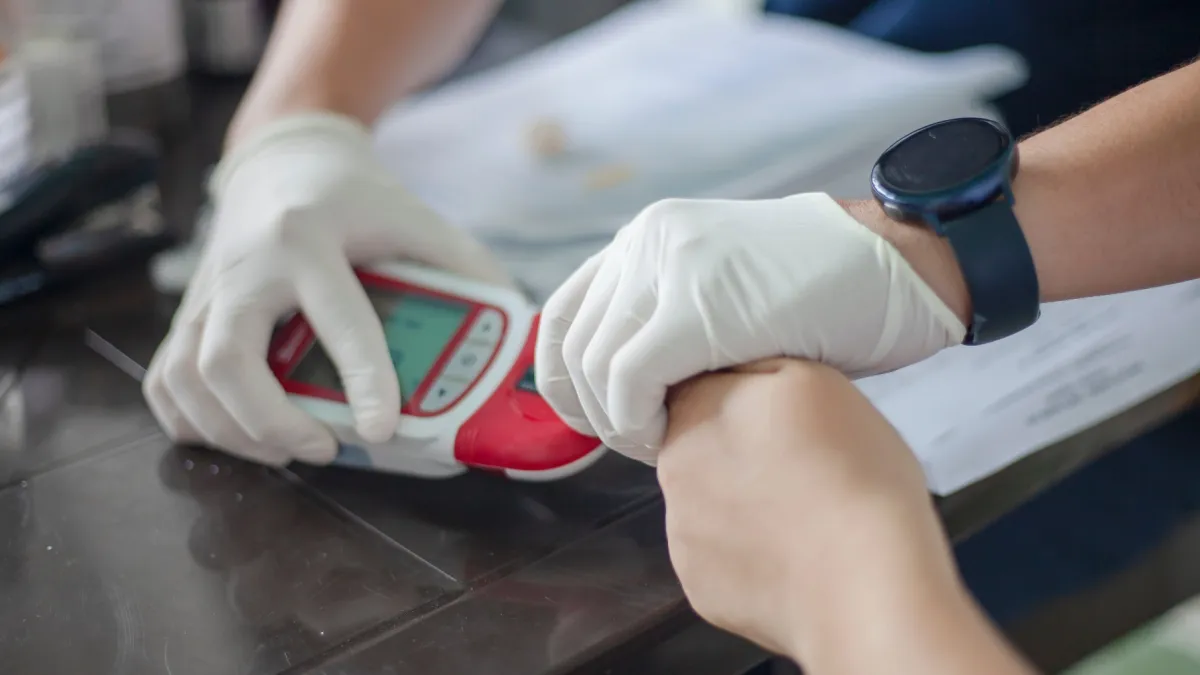


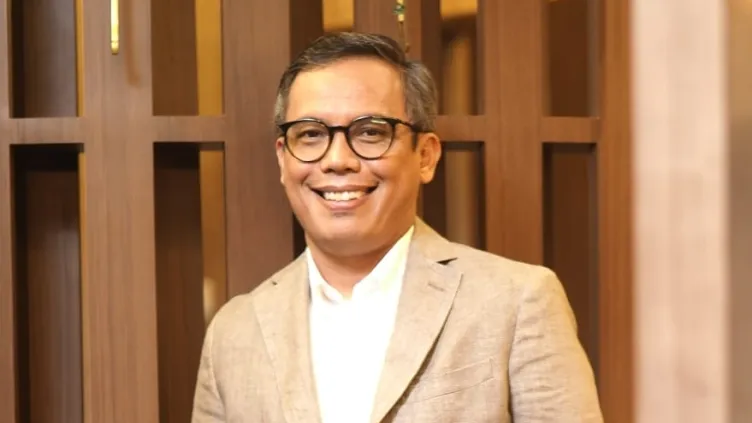
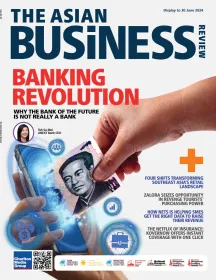
 Advertise
Advertise



